
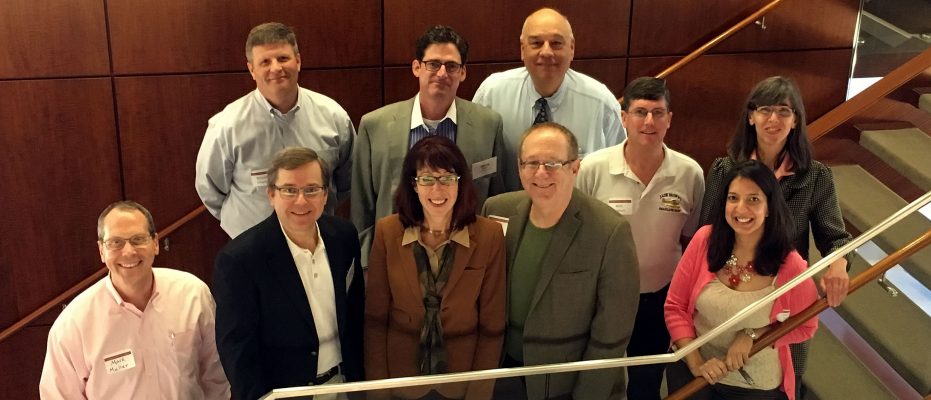
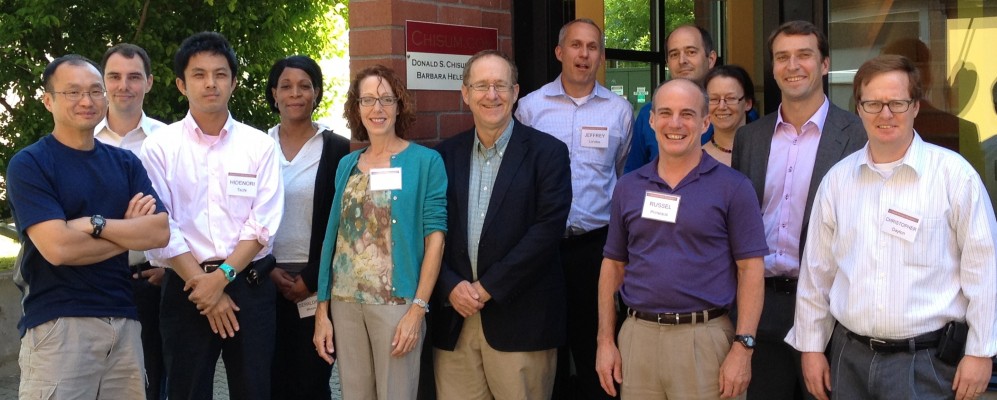
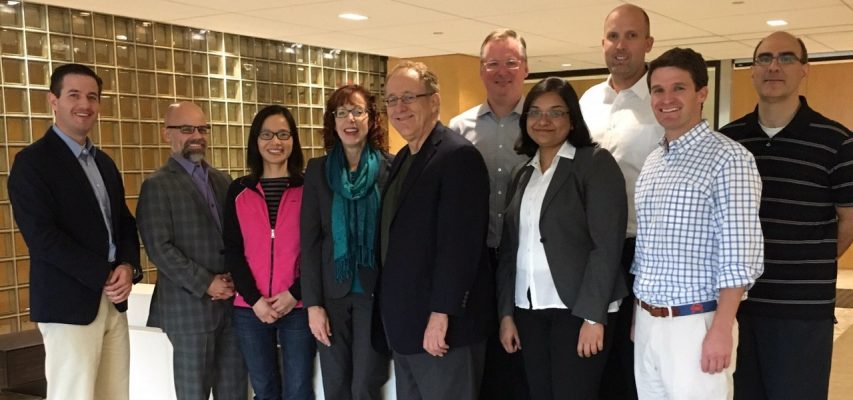
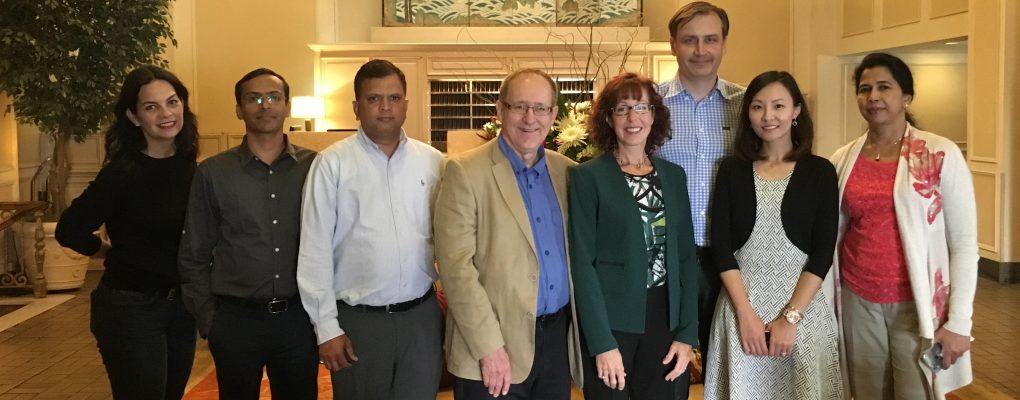

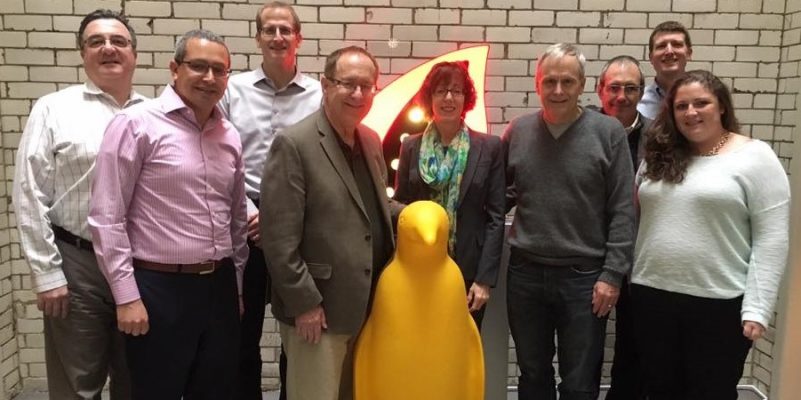
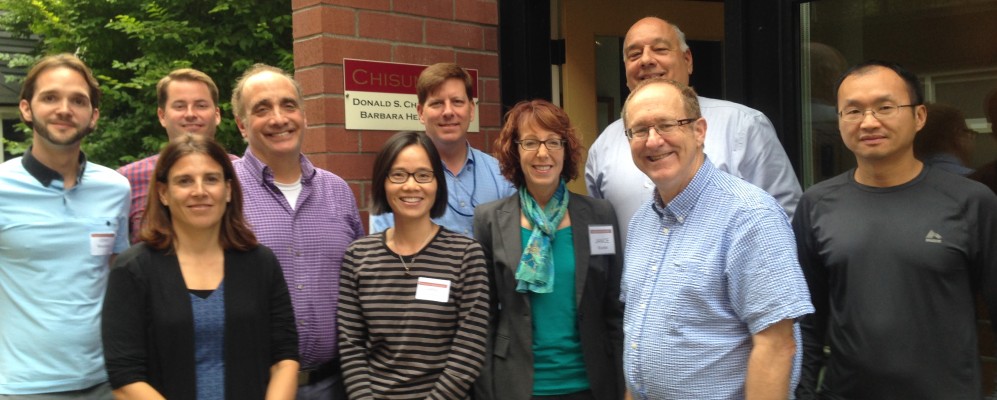

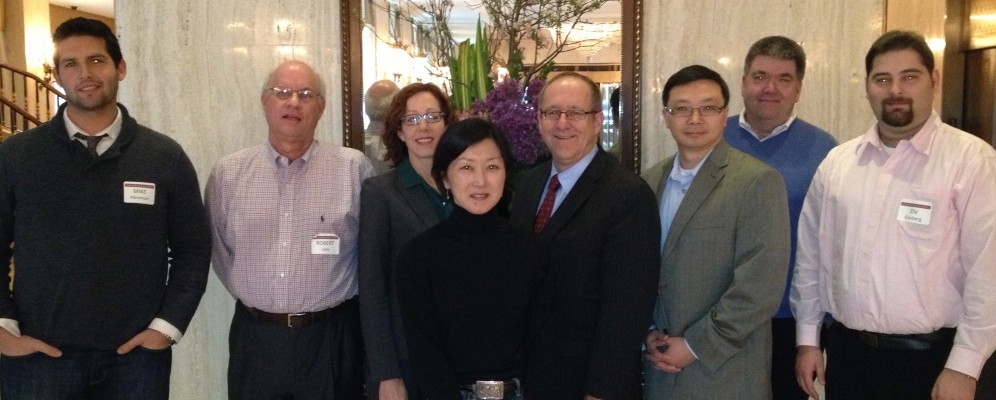
The Chisum Patent Academy offers what mainstream Continuing Legal Education (CLE) providers and patent bar review courses simply can’t: premium-quality, rapid-response patent law education and training in a unique seminar-style setting. Co-taught by leading patent law scholars Donald Chisum and Janice Mueller, our intensive two- or three-day seminars are limited to ten (10) participants and conducted in roundtable, interactive style that maximizes opportunities for discussion and debate. We are the antithesis of passive, mega-ballroom CLEs; we welcome those who want to dig deeply into patent law’s myriad nuances and practical strategies.
Our Advanced Patent Law Seminars target the latest developments from the Federal Circuit and U.S. Supreme Court plus new adjudicatory procedures in the USPTO such as inter partes review; we update our syllabus for every seminar. We currently offer seminars in Alexandria, Virginia; Seattle, Washington; Houston, Texas; and Cincinnati, Ohio. We also custom-design seminars to be held on-site at corporations, law firms, and other organizations.
Our seminars draw experienced patent practitioners seeking a tune-up on latest developments as well as experienced civil/commercial litigators who are relatively new to patent law. Each two-day seminar typically provides 12.0 CLE credits; each three-day seminar typically provides 18.0 CLE credits.
I’m the sole IP counsel in a small law department, so the ability to talk about patents and not have others roll their eyes or glaze over was wonderful.
Hands down, it was the most productive and informative CLE I have attended since I have been practicing.
Thanks for helping folks like us in our day to day practice. We are better for it, and appreciate the great work you do!
Not sure the format could have been better. I really loved the size restrictions, because if you get too many people, most may not feel comfortable enough to talk. I think 10-12 participants is perfect.
Cannot recommend the Patent Academy enough. Even for those of us that have been doing this a long time, it’s a firehose of directly useful information.
What an amazing conference! Such a privilege to engage in small group discussions with thought-leaders like Professors Chisum and Mueller. I can’t wait to attend again next year!
The format is perfect. Small, casual and conversational. Chisum and Mueller switching as primary instructors, but chiming in as secondary instructors, works well.
Good conversation and useful information from other attendees.
Perfect explanation of the cases with great personal insights.
The format enabled us to contextualize the cases in the real world of patent practice and get the reaction of the instructors to the real world application of the cases.
I was very pleased with the selection of topics and the depth; the cases were very current and older hallmark cases were only discussed to the extent necessary for background.
This is one of the best seminars for a patent litigator that I have attended. Other good ones I have been to have centered more on litigation practice rather than substantive patent practice.
The format encourages the participants to get to know each other during the seminar and keep in touch after the seminar.
Exhaustive and elaborate materials provided.
Good job presenting very difficult topics. I liked the informal, relaxed style.
Overall rating 5 stars out of 5 stars! I hope I can convince my boss to let me attend again next year.
The small group format allowed conversation and questions, which was fabulous.
Best seminar ever!
Excellent approach, permitting and encouraging active and lively discussions.
You all have created a great format that allows for folks with a wide variety of backgrounds and experience to each come away with a deeper knowledge base to apply in their practices.
This was the best CLE program I have ever attended.
As an experienced patent practitioner, I am skeptical of CLEs because they typically cover nothing more than what’s generally known. This course was different. It covered topics in great depth and showed me how to use changes in the law to aid my clients.
This is the class that can adapt to anyone working in the field of patent law who wants to expand his horizons.
I loved the focused, traditionally small class type education; great organization and presentation.
I remained completely mentally engaged during the entirety of all three days, due to the seminar’s more intimate format coupled with the quality of the presentations.
The limited attendance facilitated open discussion and kept me engaged.
The style (especially your willingness to entertain all questions) and limited attendance allowed a type of participation that is absent from most seminars.
Scope and depth were very good — depth was several orders of magnitude beyond any other seminar that I have attended.
I found the scope to be highly relevant–especially recent case law decisions.
You guys do a great job explaining patent law and making it easier to understand.
Format was great–feels like you are part of the discussion instead of being spoken to.
The depth of the topics was exceptional, with the presentation getting into important details that might have been missed otherwise.
This is the first (and I’ll bet only) time I’ve gone to a seminar where I got MCLE credit and wished there was an extra day. Highly recommended.
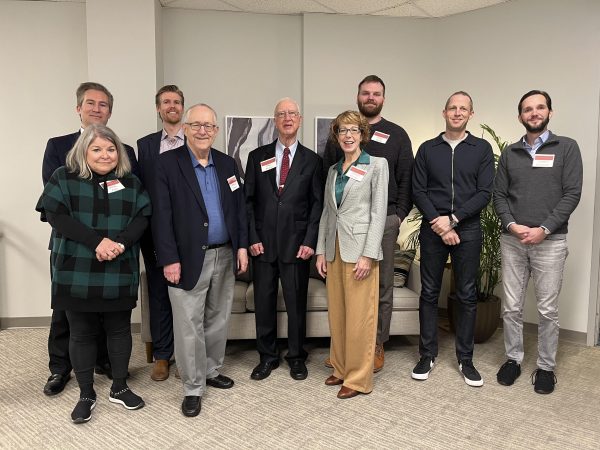
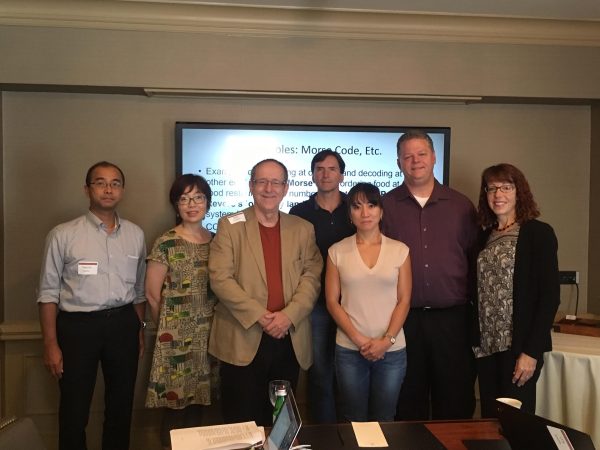
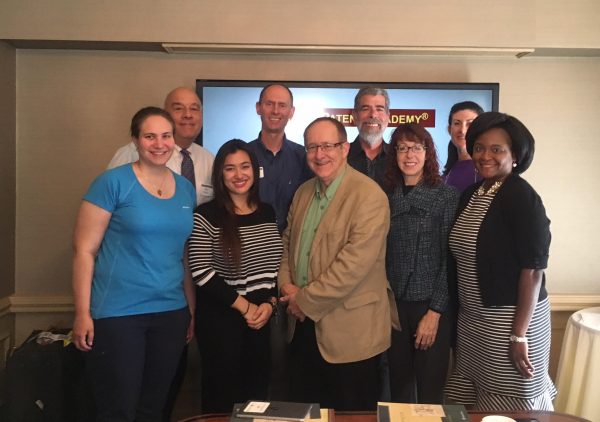
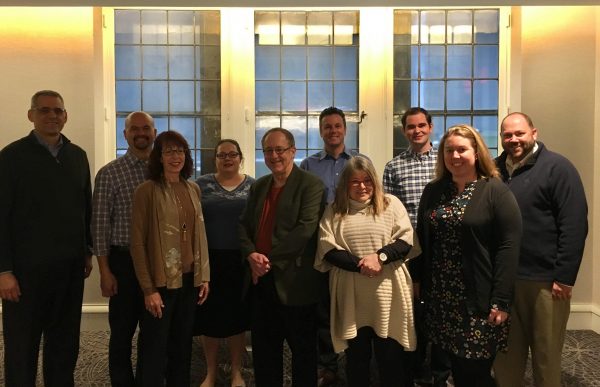
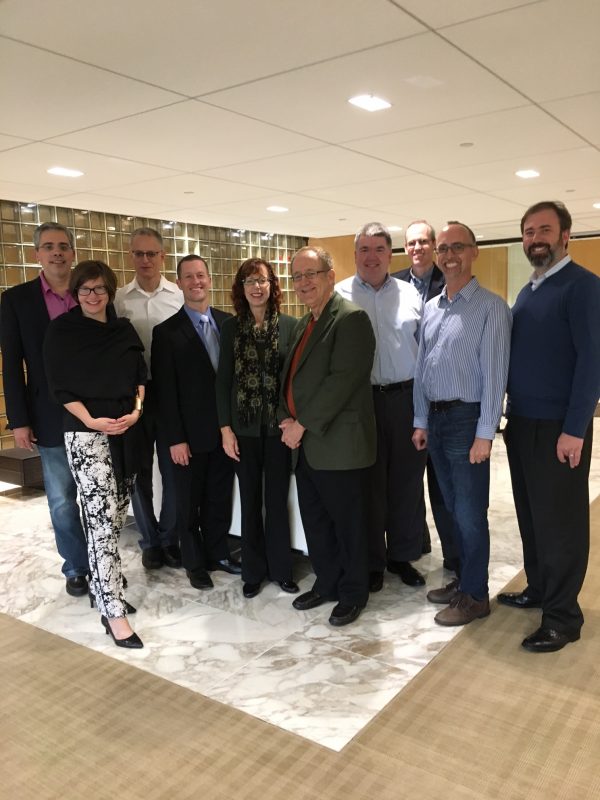
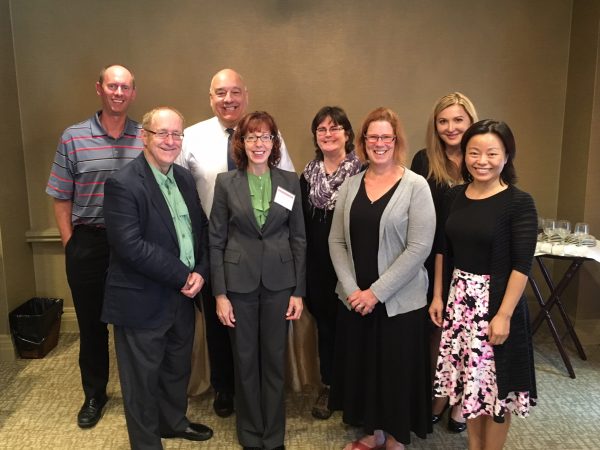
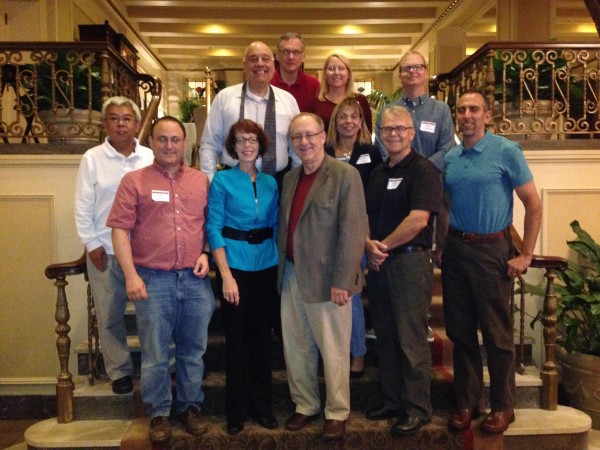
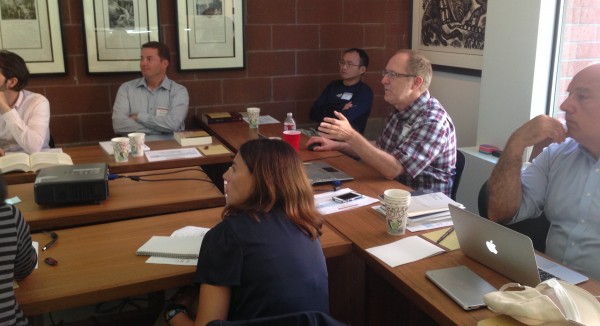
The Chisum Patent Academy’s next live seminar will be held September 26-27, 2024 in Cincinnati, Ohio at the offices of Frost Brown Todd LLP. Our official announcement is here.
Additional details are here. To reserve a seat, please click here or e-mail us at info@chisum.com.
Announcing our September 2024 Seminar in Cincinnati, Ohio!
Our commentary on the Federal Circuit’s May 2024 en banc decision on design patent nonobviousness, LKQ Corp. v. GM Global Tech.: https://madmimi.com/p/9c62d91
Read Mueller’s Federal Circuit Tweet Cheat Sheet 2023 here.
Read Chisum’s July 2022 article, “Fifty Years of Patent Law: The Top Ten Developments,” here.
Read Chisum’s 2018 roundup of Federal Circuit precedential decisions on Section 101 patent-eligibility here.
Monthly summaries of Federal Circuit oral arguments by John Dragseth: click here for subscription information.
©2026 Chisum Patent Academy - All Rights Reserved
Chisum Patent Academy, Inc. 951 Delong Road, Lexington, KY 40515 | (855) - DCHISUM or (855) 324-4786 | info@chisum.com
Website design by Bluegrass Internet Services